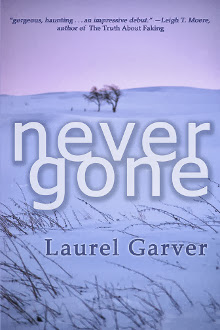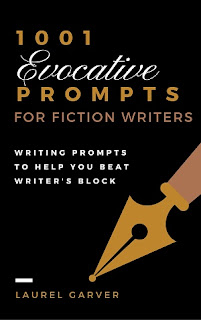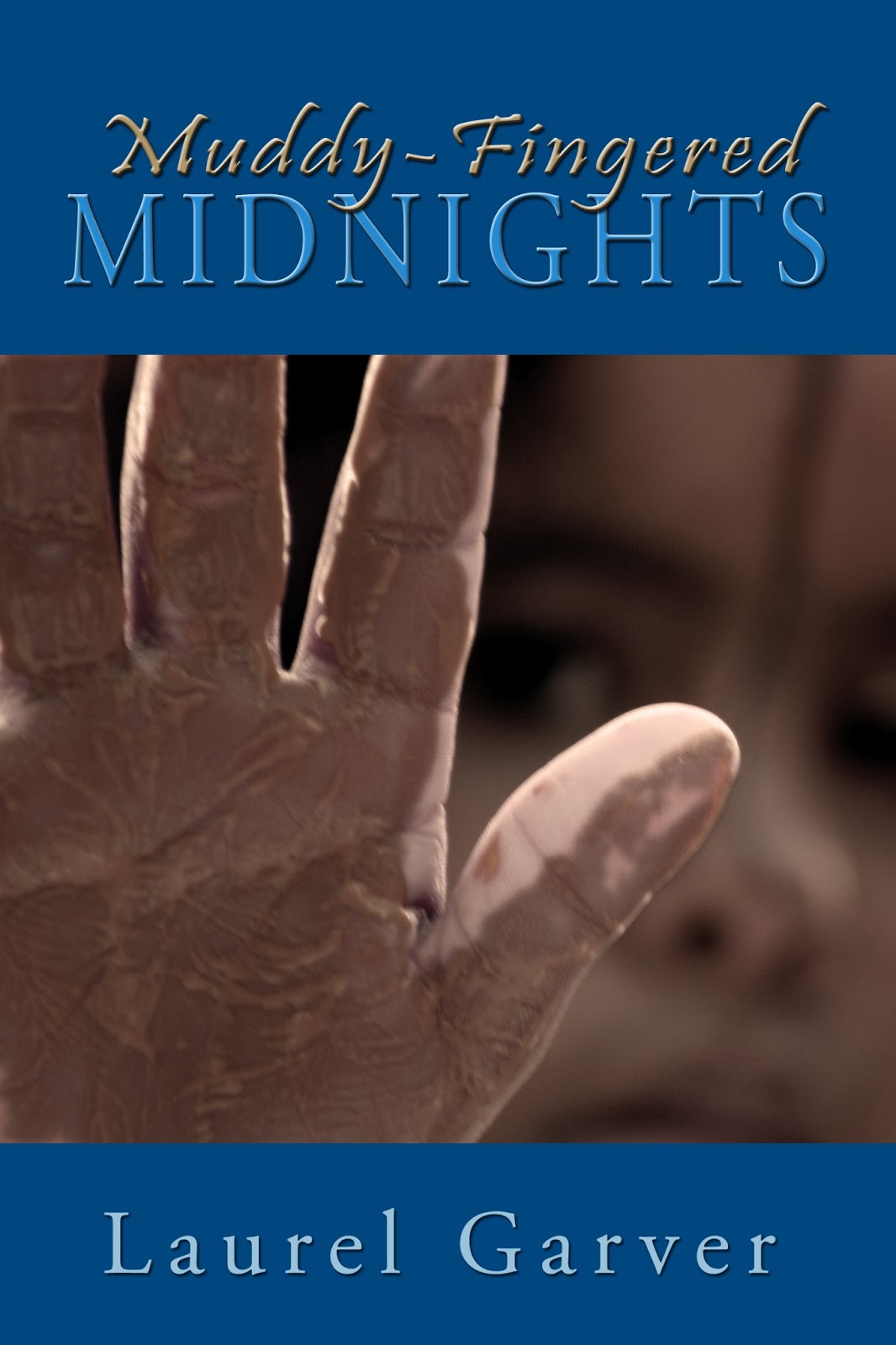 |
| Photo by palomino, morguefile.com |
Independent publishing has truly revolutionized how books get into the hands of readers. Authors themselves can get books to market themselves quickly and cheaply. The prevailing thoughts about it tend to fall into these two camps:
This is great news: authors are earning more sooner, unheard voices are emerging, genre-benders are seeing the light of day.
This is terrible news: quality is a thing of the past, we’re drowning in a deluge of bestseller knockoffs, it’s impossible for non-genre authors to get any traction.
In my experience, the Indie Revolution is neither all roses nor all doom. When you want to bring something completely different to readers, it can be the best option, because legacy publishers tend to be risk averse, and new approaches are by nature risky. But book marketing is tricky no matter how you publish, and when you’re going it alone, something of a daunting task. Building an audience takes time, but the independent author has the advantage of “the long tail”--your work is available as long as you like, rather than having to earn out in a matter of months or face a premature death.
A number of factors led me onto the Indie path.
First is my broad experience in publishing. Over the past 21 years, I’ve done copywriting, editing, graphic design, print production, project management, scheduling, and copyrights and permissions. It felt like a natural extension of my existing skill sets to produce polished, professional books after years of producing magazines and newsletters.
Second is the nature of my fiction and poetry, which takes faith seriously but doesn't sanitize real life problems. I soon discovered that what I think of as the sweet spot (the dramatic place where life and beliefs collide) falls into a publishing no-man’s-land, too faith-saturated for the secular market, but too edgy for the Christian market. You’d be surprised by how little it takes to be “edgy” in the Christian market, where even “gosh” might be considered profanity. I explain more in an interview I did with Author Karen Akins (http://novelsduringnaptime.blogspot.com/2012/10/edgy-clean-writing-across-genre-divides.html). Rather than choose a side, I opted to forge a new path.
Finally, I considered the following three questions:
1. What does success look like TO ME?
Quitting the day job to write full time might be your goal. Or having a loyal following of readers who appreciate your work. It might mean having a certain level of control. Producing work that you feel proud of. Reaching a particular target audience with something helpful and life-giving. Having creative freedom to write in several different genres or across categories.
2. What are my no-go areas?
What sacrifices am I not willing to make in my career? This might involve decisions about genres and approaches, financial risk, public exposure, associations. Where are you unwilling to compromise?
3. What kind of writing lifestyle can I maintain?
This question is perhaps the toughest to answer. It has to do with your stamina, your level of self-motivation, your ability to deal with outside pressure and to some degree the strength of your ego.
After much research and soul-searching, I concluded that publishing independently fit best with my work and my goals. It enables me to tell the kinds of stories I feel called to share without downplaying either the grit or the spiritual aspects. I can produce at my own pace, market at my own pace, and work in multiple genres.
(This had originally been a guest post I'd written for Michelle Davidson Argyle/The Innocent Flower.)
Have you wrestled with publishing path decision-making? What questions or concerns do/did you have?

















